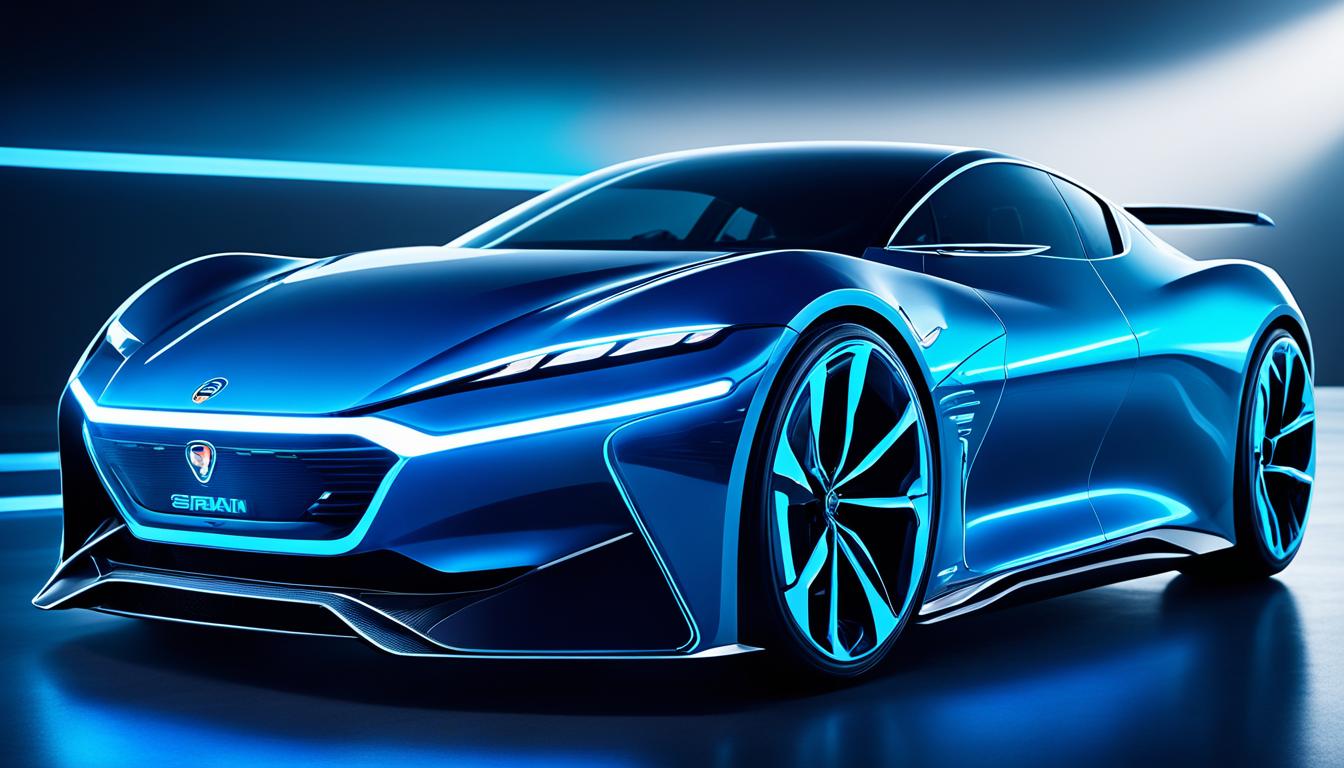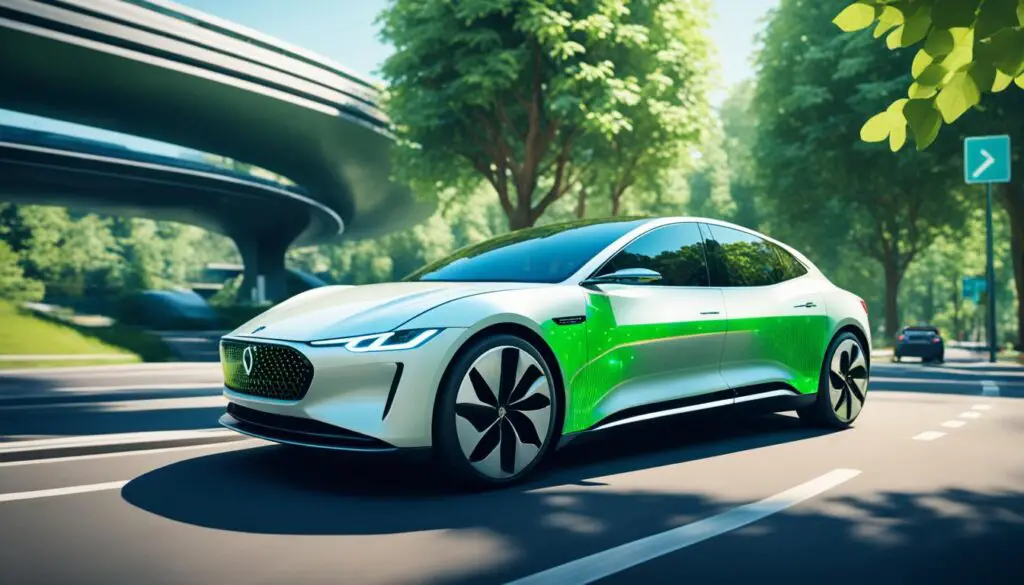
How Automotive AI Integration is Shaping Smarter Cars
The integration of artificial intelligence (AI) technology in automotive systems is revolutionizing the way cars function, making them smarter and more efficient. This advancement is being driven by the rapid progress in AI algorithms and computing power, allowing cars to interpret and respond to real-time data, enhancing intelligence, safety, and connectivity. Automotive AI integration is enabling features such as autonomous driving, voice recognition, predictive maintenance, and advanced driver assistance systems (ADAS), making cars more intelligent and responsive to the needs of drivers and passengers. This integration is also paving the way for the development of connected cars that can communicate with each other and the surrounding infrastructure, creating a more seamless and efficient driving experience.
Key Takeaways:
- AI integration in automotive systems is making cars smarter and more efficient.
- Advancements in AI algorithms and computing power drive the integration of AI in cars.
- Automotive AI integration enables autonomous driving, voice recognition, and predictive maintenance.
- Connected cars are a result of AI integration and enhance the driving experience.
- AI integration in cars improves intelligence, safety, and connectivity.
The Benefits of Automotive AI Integration
Automotive AI integration offers a wide range of benefits for both drivers and manufacturers. One of the key advantages is improved safety. AI-powered systems can analyze vast amounts of data from sensors and cameras to detect and respond to potential hazards on the road, helping to prevent accidents and reduce human error.
Another benefit is increased efficiency. AI algorithms can optimize vehicle performance, reducing fuel consumption and emissions. This not only benefits the environment but also helps drivers save on fuel costs over time.
Furthermore, automotive AI integration enables the development of autonomous driving technologies, which have the potential to make roads safer and reduce traffic congestion. Self-driving cars equipped with AI technology can anticipate and respond to changing road conditions, navigate complex traffic scenarios, and minimize the risk of human error.

“With AI integration, cars can become highly autonomous, reducing the need for constant human intervention and making driving a more relaxed and enjoyable experience.”
AI-powered advanced driver assistance systems (ADAS) can assist drivers with tasks such as lane keeping, adaptive cruise control, and automatic emergency braking, enhancing driver comfort and convenience. These systems work in tandem with human drivers, providing additional support and improving overall safety.
Moreover, AI integration in vehicles enables personalized experiences for drivers and passengers. Voice recognition technology allows users to interact with their cars naturally, providing commands and receiving responses. Intelligent infotainment systems can learn individual preferences and tailor the driving experience accordingly, offering personalized music playlists, navigation routes, and climate settings.
In summary, automotive AI integration is revolutionizing the driving experience by making cars smarter, safer, more efficient, and connected. From improving safety and efficiency to enabling autonomous driving and personalization, AI technology in vehicles is reshaping the automotive industry.
The Future of Automotive AI Integration
The future of AI integration in the automotive industry is brimming with possibilities and advancements. As AI technology continues to evolve, it holds immense potential to shape the future of cars, making them smarter, safer, and more efficient.
One significant area of focus is the development of fully autonomous vehicles. With ongoing research and development efforts, self-driving cars are inching closer to becoming a reality. Overcoming technical and regulatory challenges is key to bringing autonomous cars to the market, presenting a future where cars can operate without human intervention.
Furthermore, the integration of AI in electric vehicles is another avenue that holds promise. AI-powered systems can optimize battery performance, charging efficiency, and range prediction, making electric cars more practical and accessible for consumers. These advancements in AI technology pave the way for a greener and more sustainable future of transportation.
In addition to enhancing vehicle performance and sustainability, AI is also revolutionizing cybersecurity in the automotive industry. The rise of connected cars brings new challenges in terms of protecting driver and vehicle data from cyber threats. AI-powered cybersecurity systems are being developed to ensure the safety and privacy of connected cars, providing peace of mind for drivers.
With the integration of AI technology, advancements are emerging in natural language processing and voice recognition. This enables more seamless and intuitive interactions between drivers and their vehicles, enhancing the overall driving experience. Drivers will be able to communicate with their cars using conversational language, resulting in a more personalized and user-friendly interface.
As the automotive industry continues to embrace AI, we can expect to witness further developments in areas such as predictive maintenance, personalized driving experiences, and improved transportation efficiency. The future of automotive AI integration is poised to bring unprecedented innovation and connectivity to the world of cars, revolutionizing mobility as we know it.
FAQ
What is automotive AI integration?
Automotive AI integration refers to the incorporation of artificial intelligence (AI) technology in cars, allowing them to interpret and respond to real-time data, enhancing intelligence, safety, and connectivity.
What are the benefits of automotive AI integration?
Automotive AI integration offers a wide range of benefits, including improved safety through the analysis of data from sensors and cameras, increased efficiency through the optimization of vehicle performance, and the development of autonomous driving technologies to make roads safer and reduce traffic congestion. It also enables personalized experiences for drivers and passengers, with features such as voice recognition and intelligent infotainment systems.
What does the future hold for automotive AI integration?
The future of automotive AI integration looks promising, with continuous advancements in AI technology. The development of fully autonomous vehicles, integration of AI in electric vehicles (EVs), and the enhancement of cybersecurity systems are some of the areas of focus. We can also expect advancements in natural language processing, voice recognition, predictive maintenance, personalized driving experiences, and improved transportation efficiency.
